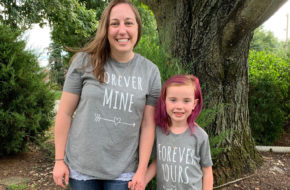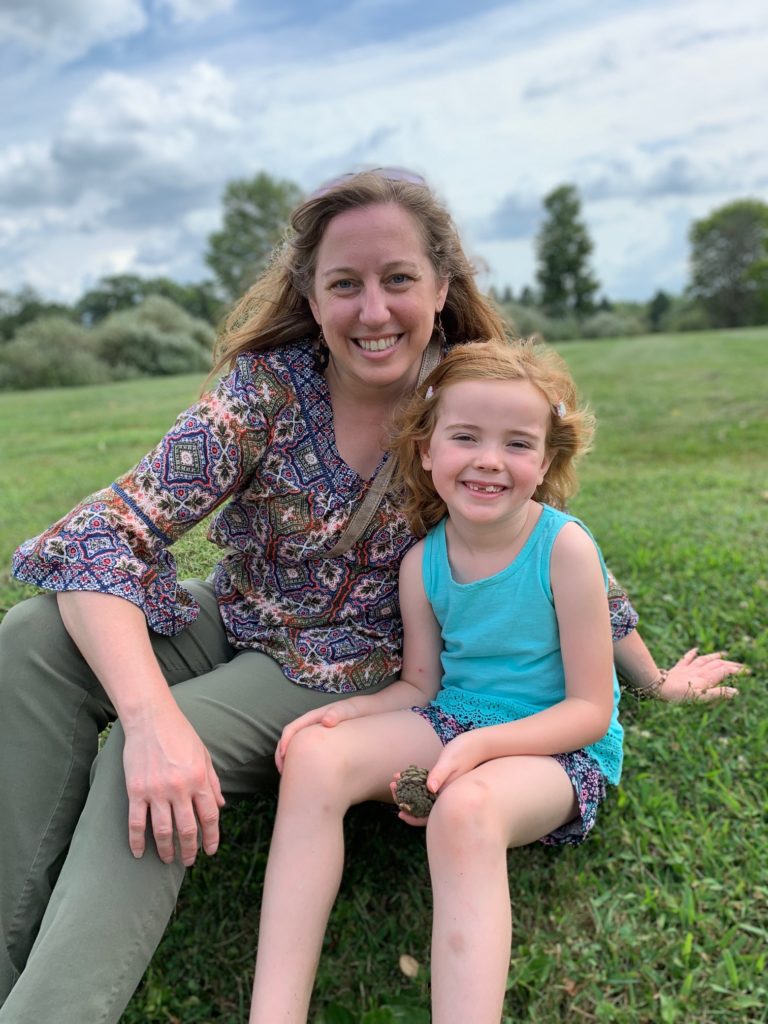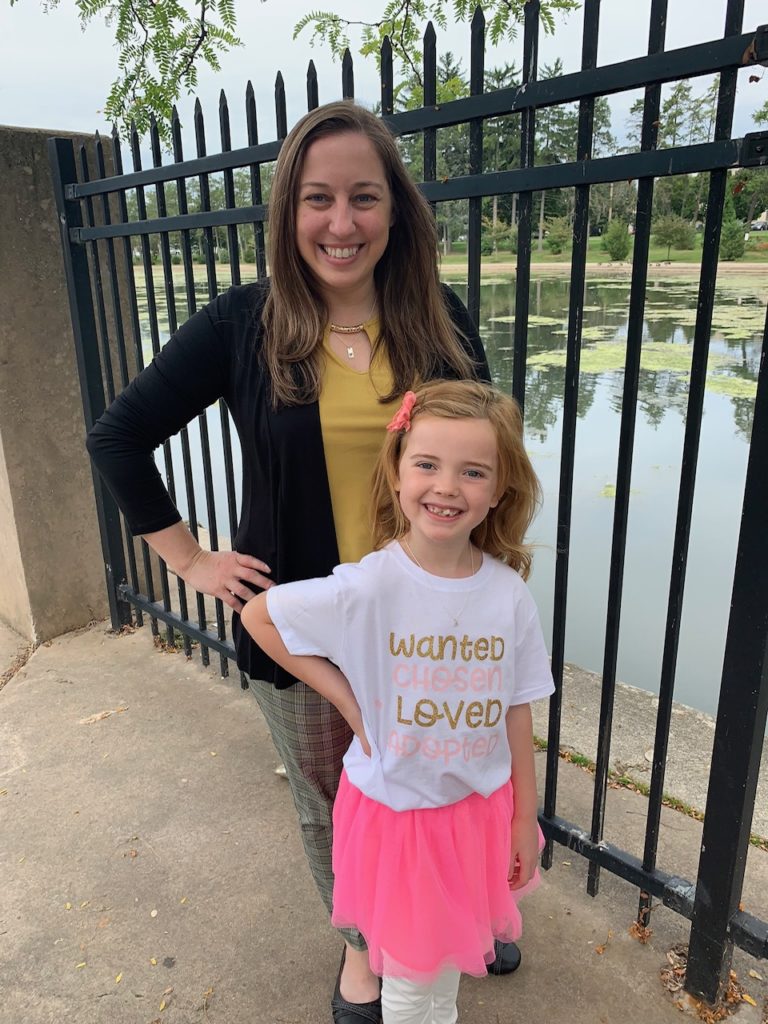As a long-time executive director of senior living communities, I have seen firsthand the impact short-term rehabilitation can have on people’s health and wellness.
If you’re not familiar with short-term rehab, it offers older adults round-the-clock care and access to therapies that can help them recover more quickly, whether from a fall, joint replacement or other surgery or hospitalization.
Most times, short-term rehab is offered for a few weeks but when older adults need additional monitoring or are not yet ready to return home, services can be provided for a longer time. The decision for length of stay rests with the individual and the care team.
If you are planning surgery, trying to oversee care for a loved one scheduled for surgery or recovering from a recent health emergency or simply trying to stay informed on potential options, we can help. Short-term rehab has numerous benefits:
- Consistent access to care. Senior living communities such as those operated by Diakon provide 24/7 access to on-site nursing, medical and pharmacy services, as well as specialty services such as dentists, podiatrists and vision specialists. Visiting physicians also are available, as are physical, occupational and speech therapies. Care teams create individualized plans to help achieve rehabilitation goals, allowing a return to normalcy as soon as possible.
- Time to heal and rest. If a loved one tends not to be able to relax or won’t take time to attend rehab treatments, short-term care can be a great option. In that case, the individual will have everything he or she needs in one place, with housekeeping taken care of and plenty of time to regain abilities and relax before returning home.
- Programming and activities. Short-term rehab is not without fun. Seniors taking advantage of in-patient rehabilitation also can participate in the senior living community’s interesting programs and range of clubs and activities.
Click here to read more…






